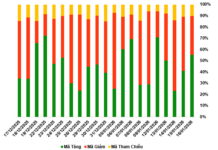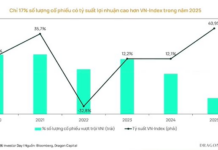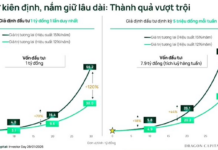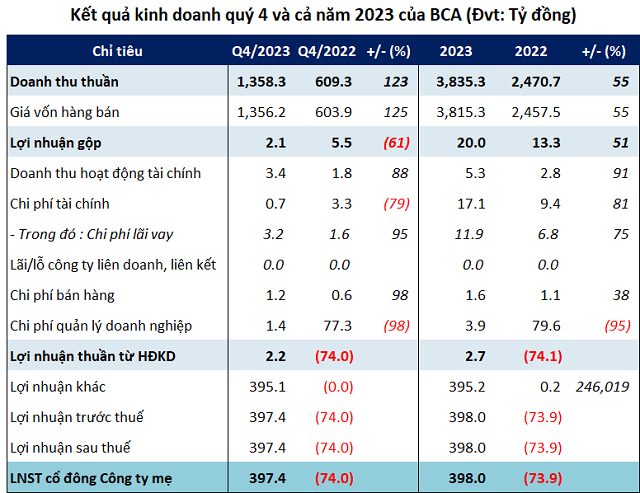While the concept of digital transformation has been around for years, many businesses are still grappling with it. At the Talkshow and book launch event for “Digital Culture – Breaking Down Barriers in Digital Transformation” organized by Alpha Books Joint Stock Company in collaboration with author Le Quang Vu, experts discussed the role of corporate culture, specifically digital culture, in the journey of digital transformation.
BARRIERS SLOWING DOWN DIGITAL TRANSFORMATION IN ENTERPRISES
Mr. Lai Tien Manh, a senior expert in consulting solutions for marketing and branding strategies in Vietnam and CEO of MiBrand, believes that there are numerous barriers to overcome for a successful digital transformation.
In reality, a thorough digital transformation requires businesses to transform comprehensively, from their business models, development of new products, to the implementation of digital services, digital payments, and operations on digital platforms. Only when this entire process is digitized can digital transformation be truly complete.
Many enterprises face “traditional” barriers, which refer to traditional ways of doing things and relying on long-established habits. As a result, transformation becomes challenging. Old work habits cause many businesses to delay digital transformation. Moreover, according to the CEO of MiBrand, the word “busy” has become a common excuse for leaders to avoid change, indicating a lack of commitment to improvement.
Another barrier causing stagnation is that while enterprises understand the importance of digital transformation, they don’t know where to start. This is a common issue when businesses want to change but are limited by knowledge, mindset, and ideas.
The third barrier to digital transformation is that enterprises have started to have ideas about digitization but only at the level of data and process management on a digital platform without truly embracing digital transformation. In other words, enterprises have started to store documents and files on digital platforms instead of traditional paper-based systems and use software to manage their operations. However, it often stops there, and this process is still just about using tools to support daily activities rather than a true digital transformation.
According to Mr. Lai Tien Manh, all this stagnation in digital transformation is related to the lack of a digital culture in enterprises. If the digital culture were more widely promoted and disseminated, awareness and mindset would naturally transform into action. However, currently, most enterprises have not adjusted their culture to adapt to the new era, where AI technology is playing an increasingly important role.
FOSTERING A “DARE TO FAIL” CULTURE FOR INNOVATIVE CHANGE
Regarding digital culture, Mr. Duong Ngoc Dung, Director of Marketing and Communications at MSB Bank, also believes that one of the critical factors related to transformation is corporate culture. To create a culture that encourages people within the organization to embrace digital transformation, MSB’s representative suggests implementing policies that motivate and encourage innovation.
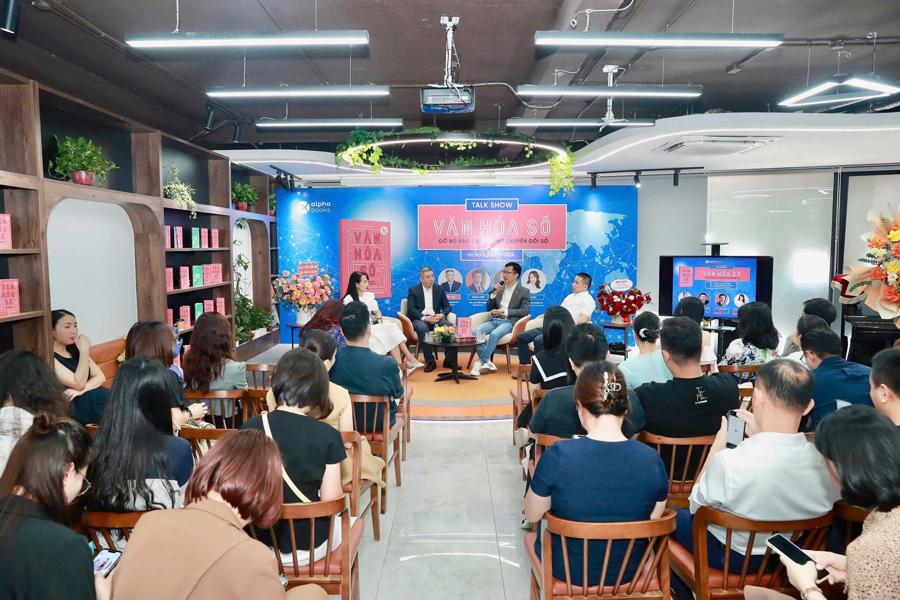
Mr. Duong Ngoc Dung mentioned the “Try – Fail – Fix” method as a way to initially motivate people to accept new things and change themselves.
“In the past, when working towards KPIs set at the beginning of the year, people tended to stick to what was familiar and easiest to ensure goal achievement. But to encourage them to master digital technology, supportive and encouraging policies are needed to make them dare to try,” said Mr. Duong Ngoc Dung.
“Because sometimes, if we don’t dare to experiment with new solutions, we may miss out on potential growth opportunities. Just try, and if it fails, fix it. Through each try-fail-fix cycle, things will gradually improve and progress.”
According to the MSB representative, the “try-fail-fix” approach may seem unrelated to digital culture, but it is very close and intimately connected to digital transformation strategies. The culture of “try-fail-fix,” also known as the culture of “daring to fail,” plays a crucial role in enterprises. Some companies even encourage employees to make mistakes within acceptable limits so that they can improve their skills and grow in their careers.
Moreover, the culture of “try-fail-fix” or “daring to fail” is also a driving force for innovation. Mr. Le Quang Vu, CEO of Blue C and the author of the book “Digital Culture – Breaking Down Barriers in Digital Transformation,” believes that in innovation, “it’s important to have the right mindset about mistakes. If we view mistakes as failures, we tend to give up easily. But if we see mistakes as steps on the path to success, then it’s a whole different story,” said Mr. Le Quang Vu.
Author Le Quang Vu is the CEO of Blue C, a company that provides consulting services on corporate culture, employee experience, and internal communications. He stated, “While AI can change the way we live and work, digital culture remains crucial in shaping how we use technology.”
Asserting that culture will not be eliminated by AI if humans know how to turn technology into a tool rather than letting it dominate, author Le Quang Vu believes that digital culture is the combination of human core values and the power of technology, creating a new environment where AI becomes a companion, helping humans to be creative and grow.
In the context of technology playing a pivotal role in changing lives and work, the book “Digital Culture – Breaking Down Barriers in Digital Transformation” shares the “cultural tools” to help enterprises with their digital transformation journey.
According to the book, digital culture is expected to instill strong beliefs, foster the right mindset, and encourage behaviors that align with the process of digital transformation within enterprises. With digital culture, businesses will create a workforce with breakthrough thinking, generate numerous new ideas, adapt well to internal and external changes, readily accept feedback, and easily collaborate to create new value. In other words, digital culture helps businesses gain a sustainable competitive advantage in the digital era.
Samsung Launches BED-H Series: Tailored TV Solutions for SMEs
The Samsung BED-H Series commercial TVs are renowned for their energy efficiency and operational prowess, catering to a diverse range of business needs. From retail stores and cafes to restaurants and complex digital content management systems, these TVs offer a dynamic solution. With their exceptional performance and energy-saving capabilities, the BED-H Series TVs are the perfect choice for any enterprise seeking a seamless blend of functionality and efficiency.
The Digital Revolution: Unlocking the Potential for Vietnam’s Retail Banking Boom
The retail banking sector is becoming a key strategic focus for banks in Vietnam, especially with the country’s economic recovery and the strong trend towards digitization. However, to maximize this potential, banks must navigate competitive challenges, risk management, and technological investment.
The New Land Price Policy: A Concern for Manufacturers
Many businesses in Ho Chi Minh City are concerned that the implementation of the new land price list will significantly increase their land lease costs. This could have a profound impact on their operations and profitability, especially for those in the manufacturing and trading industries. With the new land prices, businesses may have to reevaluate their strategies and find ways to mitigate the potential rise in overhead costs. The implications of these changes could be far-reaching and warrant careful consideration by all involved parties.
“FPT and Sun Life Vietnam Join Forces to Elevate Customer Experience with Digital Transformation”
FPT Corporation and Sun Life Vietnam Insurance Company Limited (Sun Life Vietnam) have signed a Memorandum of Understanding (MoU) to forge a strategic partnership. This collaboration, signed on the 6th of November, marks a significant step forward as both entities combine their expertise to enhance their services in the fields of information technology and life insurance.
“Digital Culture Deficit Hinders Digital Transformation”
The “try-fail-fix” or “dare-to-fail” culture is instrumental in fostering an innovative and resilient business environment. This culture encourages a trial-and-error approach, where employees are unafraid to take calculated risks and embrace failure as a stepping stone to success. By embracing this mindset, businesses create a dynamic and adaptive organization capable of staying ahead of the competition.


